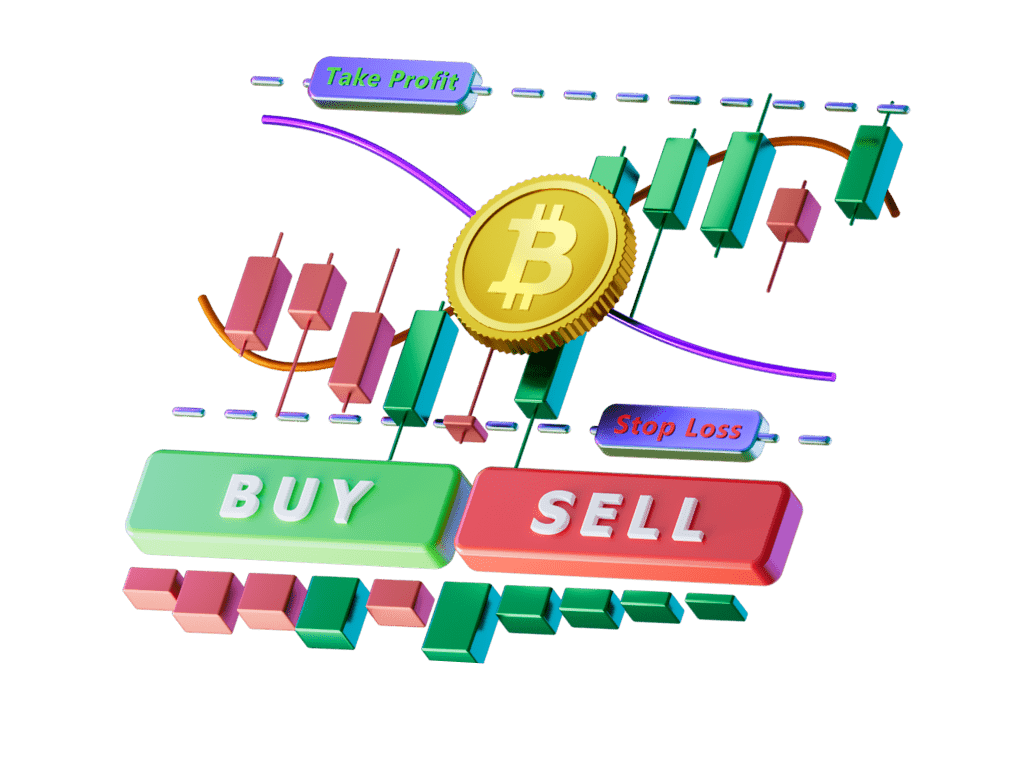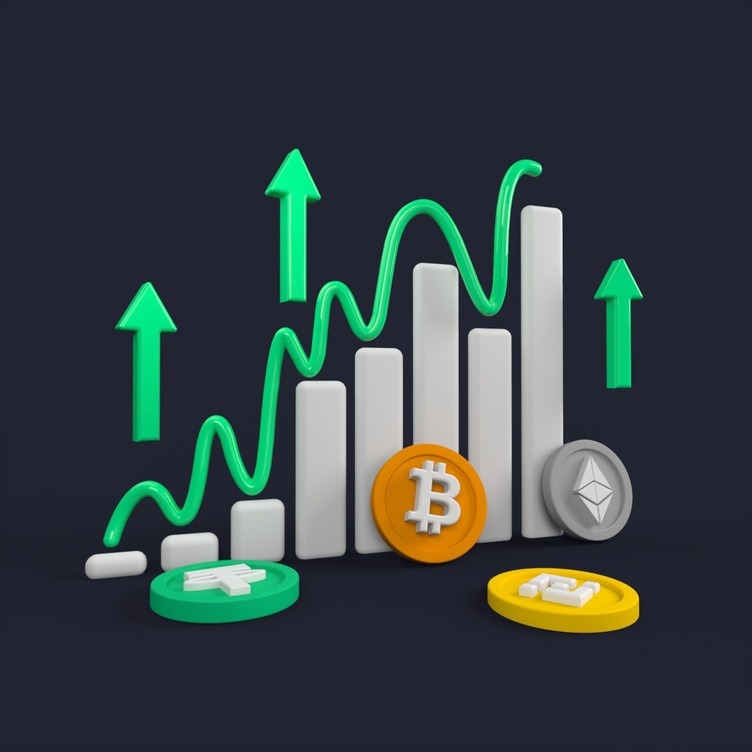
What is spot market?
The spot market is where immediate exchange of financial instruments like commodities, currencies, and securities occurs, with cash payment for the instrument. In contrast, futures contracts involve delivery of the underlying asset at a future date. Spot trading and futures trading can take place in over-the-counter (OTC) markets and exchanges.
In the spot market, transactions typically involve immediate delivery and cash payment. However, in organized markets, settlement, which includes cash transfer and physical delivery, usually occurs two working days later (T+2). Despite the T+2 settlement date, the contract execution at the current price and quantity is immediate in the spot market.

